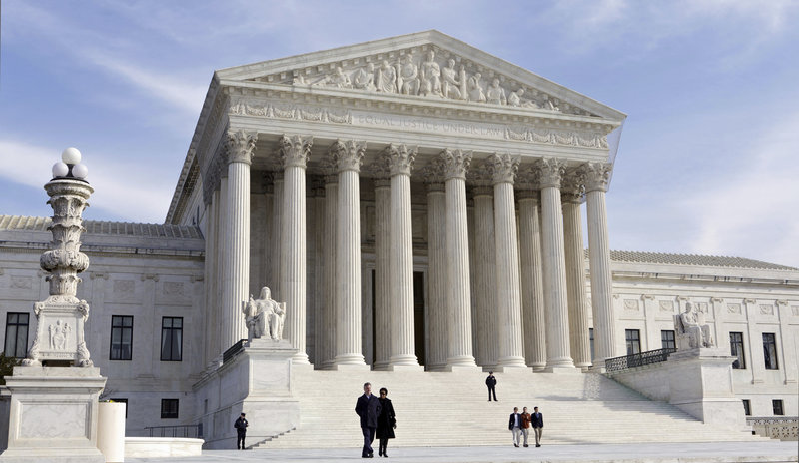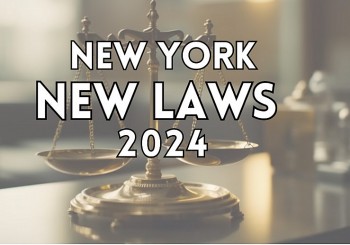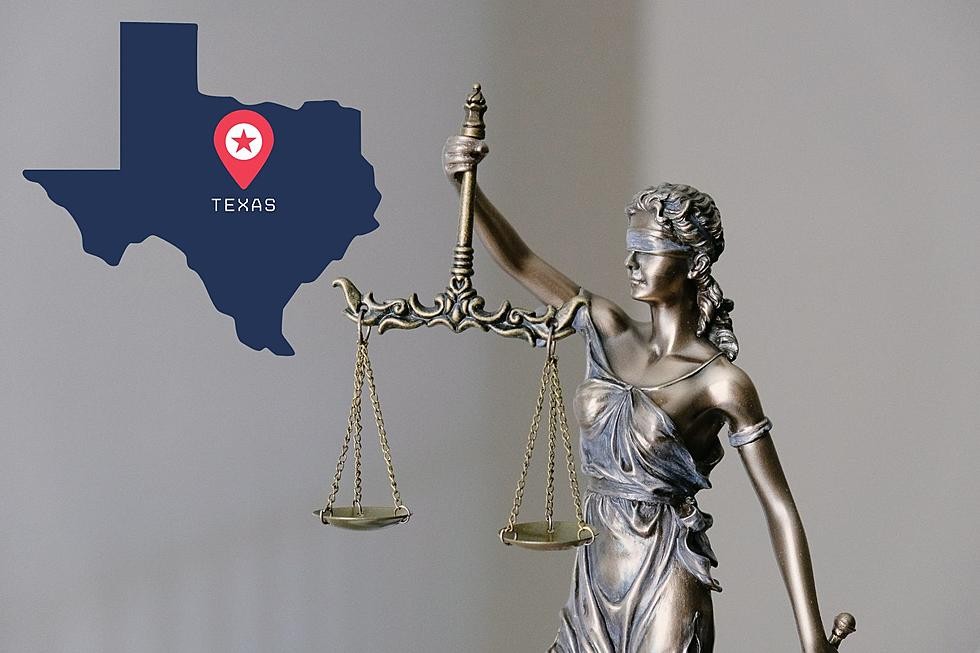10 Most Important New Laws In Connecticut Taking Effect 2024
 |
| Top 10 Most Important New Laws Taking Effect In Connecticut 2024 |
Connecticut became one of the several states that provide early voting in elections. A "Clean Slate" bill will immediately expunge certain people's criminal records, and the state will raise the bottle deposit from five cents to ten cents for various containers.
The state's minimum wage has also changed, along with workers' compensation laws and new regulations pertaining to artificial intelligence and privacy of personal data.
Here are further specifics regarding the new laws that will go into force on January 1, 2024.
Top 10 Most Important New Laws Taking Effect In Connecticut 2024
1. Minimum salary will rise in line with inflation
Beginning on January 1, the state's automatic minimum wage adjustment will raise that rate to $15.69. According to a 2019 law, starting in 2024, the state's hourly minimum wages would fluctuate annually in accordance with the Employment Cost Index, a nationwide indicator of labor market inflation.
The bill raised the minimum wage to $15 per hour in June 2023 from $11 per hour in 2019.
There will be annual revisions to the minimum wage on January 1.
READ MORE: Top 5 Most Important New Laws Taking Effect In Pennsylvania 2024
2. More individuals qualified for certain workers' compensation
Changes from the previous rule that restricted benefits to specific first responders have been made. As of January 1, every employee covered by workers' compensation law is eligible for coverage for post-traumatic stress injuries (PTSI). The new rule mandates that a mental health specialist evaluate the employee and determine whether PTSI was caused directly by an incident that occurred while they were working, such as seeing someone die or suffering a severe physical injury.
3. Suppression of Artificial Intelligence
An act regarding AI, automated decision-making, and personal data protection is going into force in Connecticut, following the lead of other states in passing regulations pertaining to the technology. The law mandates the formation of an AI task group, a bill of rights, and an Office of Artificial Intelligence. Connecticut is also required by law to investigate the function of the technology and its effects on governmental entities.
The state will also seek to safeguard individual data privacy under the same measure, especially in the event of targeted advertising.
4. Benefits for Firefighters
The Connecticut Firefighters Cancer Relief Account, which is used to pay wage replacement benefits to qualified paid and volunteer firefighters diagnosed with cancer, requires yearly donations from each town.
Every community in its fire district or districts is expected to pay $10 for each career or volunteer firefighter as of January 1, 2024.
READ MORE: Top 9 Most Important New Laws Taking Effect In California 2024
5. School Air Quality
This law mandates that school districts conduct more regular assessments of the indoor air quality in public schools and submit the findings to the Department of Administrative Services (DAS). After then, the department has to put them up on its website.
A previous law mandated that any school constructed, expanded, refurbished, or replaced on or after January 1, 2003, undergo an examination every three years. Rather, the act mandates that they be yearly as of January 1, 2024.
The act pushes back the date by which school districts must begin having five-year HVAC inspections performed by a mechanical engineer, an industrial hygienist certified by the Board for Global EHS Credentialing or the American Board of Industrial Hygiene, or a certified testing, adjusting, and balancing technician from January 1, 2024 to January 1, 2025.
6. Erasure of Criminal Records
Residents of Connecticut who commit specific low-level offenses may be able to have their criminal records expunged. In order to be eligible, one must have been exempt from convictions for at least seven years, with the last conviction occurring on or after January 2000. By taking this move, the records won't be accessible through background checks, which are frequently necessary for those looking for work, housing, or credit.
7. Dating applications must adhere to safety regulations
Pew Research indicates that over half of American adults under 30 have used dating apps. With the prevalence of apps as the primary means of finding a love partner rising, Connecticut lawmakers have taken action to improve user safety.
Online dating businesses will have to give consumers access to resources on safety, frauds, and ways to report harassment and threats as of January 1.
If these necessary safety precautions are not followed, platforms will be subject to fines from the state's Department of Consumer Protection.
8. Compensation for Workers
All employees covered by the workers' compensation statute will be eligible to receive benefits for post-traumatic stress disorders starting on January 1.
Prior to the passage of the current legislation, only first responders with a diagnosis of post-traumatic stress injury (PTSI) as a direct result of their employment as police officers, firefighters, emergency medical services (EMS) workers, or dispatchers were eligible for these benefits. The statute now makes it possible for any worker covered by workers' compensation law to be eligible for payments if the same qualifying event occurs while they are employed (for example, witnessing a death).
9. Tax cuts
The bottom two marginal income tax rates for all filers are reduced from 5% to 4.5% and from 3% to 2% under the state budget, which was approved in June. For single filers and married couples filing separately, income taxes on the first $50,000 of taxable income will be reduced. For joint filers and heads of household, income taxes will be reduced to $100,000. Additionally, the income tax exemption for retirement income will no longer be as steep as it was before January 1. A tax deduction schedule for retirement income over the maximum exemption threshold is added under the current budget.
10. Quantity of bottles deposited and returned is rising
On January 1, a 45-year-old Connecticut legislation regarding the recycling of beverage containers is modified. Carbonated drinks, beer, seltzer, juice, and other beverages all include a 10 cent deposit, which was previously five cents.
Recovering the money requires returning the empty glass, plastic, or metal containers to a prearranged location. Common empties, however, such as paper cartons, milk and dairy containers, wine and liquor, cannot be redeemed.
Size plays a role as well. Due to the problems caused by so-called liquor "nips," or little alcoholic beverages under 50 mL, state officials in Connecticut decided to implement a 5-cent tax in 2021, with the proceeds going back to the cities and towns for nip cleanups. However, the bottle deposit reimbursement is still not applicable for those liquor nips under the revised bottle bill.
In brief
New legislation are implemented in the new year. On January 1, 2024, a number of laws previously approved by the Connecticut state legislature and signed by Governor Ned Lamont (D-Conn.) became operative.
New Year's Day brought with it changes to the minimum wage in the state, tax breaks for a large number of Connecticut taxpayers, and early voting regulations.
 Restrictive Voting Laws: What is it? Why is it uphold? Restrictive Voting Laws: What is it? Why is it uphold? Restrictive Voting Laws: The U.S. Supreme Court appeared to favor upholding Arizona's restrictive voting laws, setting the stage for what happens in the coming months ... |
 50 of the Dumbest Laws for Every State in America 50 of the Dumbest Laws for Every State in America There are laws in all 50 states that are a bit “weird” in today’s terms for myriad reasons. If you're curious about them, stay tuned ... |
 19 Most Important New Laws Taking Effect in New York 2024 19 Most Important New Laws Taking Effect in New York 2024 A series of laws have been signed recently and will officially take effect in New York state in 2024. These new laws affect all areas ... |



























